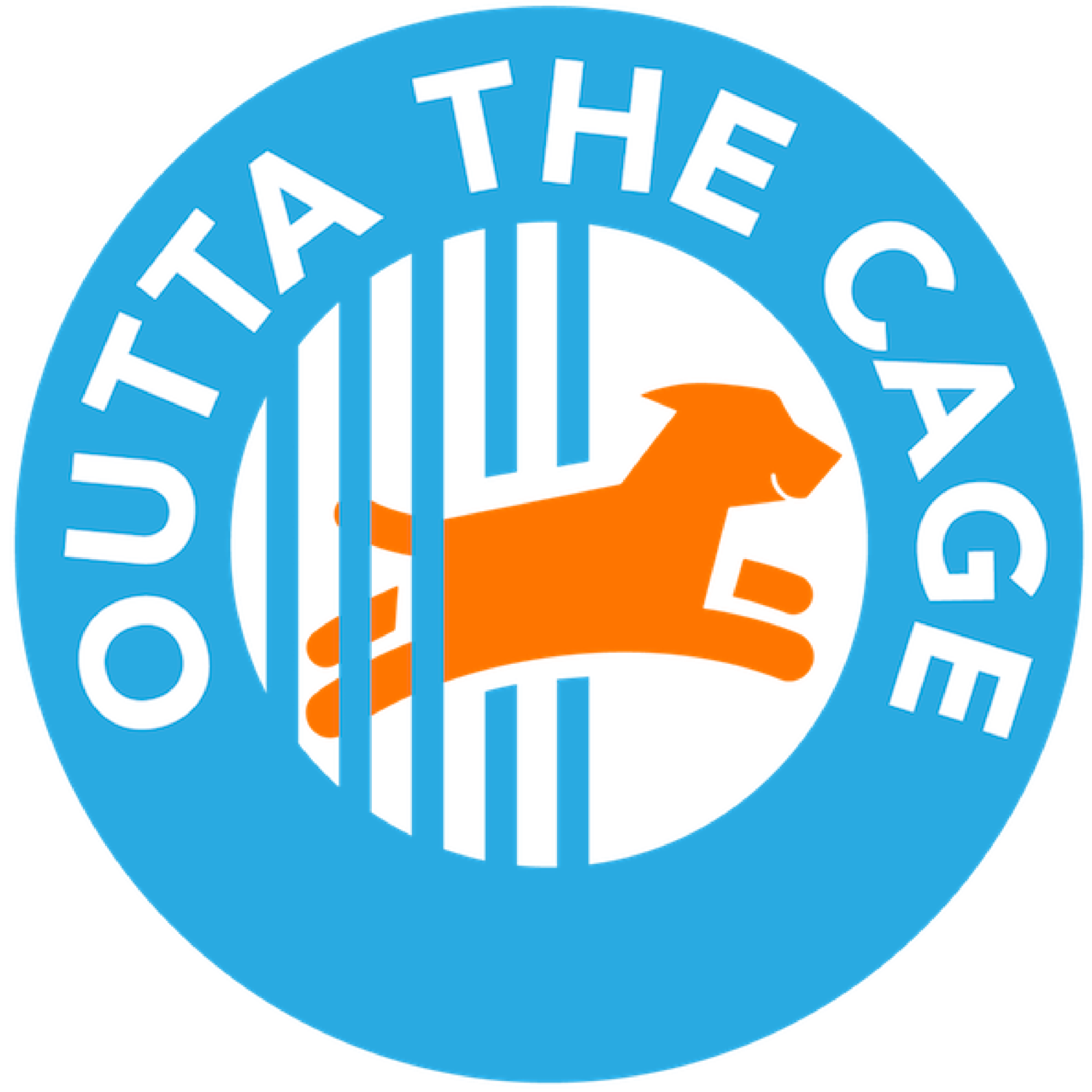5 things adopters say that freak rescues out
In which Jill shares what keeps her up at night.
When you’re a foster-based rescue, you PRAY for adopters. You share with friends, networkers, and partners, and when you see an adoption application in your inbox, it feels like discovering a winning lottery ticket at the bottom of your purse.
The dogs we save from shelters go to foster homes or trainers who can nurture them, assess them, and help them decompress. Not only do we learn a lot about our dogs, but we can also watch them blossom!
We share what we learn with our adopters, preparing them to bring the dog home. We discuss best practices, email blog posts, and consult our trusted trainers for possible issues BEFORE the dog joins the family. We have qualifying questions (e.g., “what are your deal breakers?”) to ensure the adopter has realistic expectations.
And yet.
Rescues can share experiences, provide records, and conduct multi-scenario meet-&-greets with adopters. But we can’t anticipate every situation, and we can’t ask every possible question.
In an era where rescues are under pressure to be “barrier free”—eschewing home visits and reference checks (we continue to do both)—we have to balance the questions we ask and the advice we give. We want every adoption to be a positive experience. Finger-wagging adopters about decompression, integration, crate training, diet, introductions to pets and kids, and exercise can turn an adoption into an inquisition.
Our biggest fear is when a dog is returned to us for something completely preventable. As a foster-based rescue, we don’t have kennels and have to beg for space for a returned dog. (When someone decides not to keep a dog, they often “…want it gone NOW!”) In these cases, we might have to put the dog in boarding, resulting in unanticipated expense and stress for a perfectly good dog who has no idea what she did wrong.
Over the years, we’ve learned (the hard way) that there are common situations that result in returns. Here are the top 5 reasons that adopters return their dogs.
#5. “I just reached down, and…”
Finish the sentence: “…scared the dog, and he ran out the door.” “…the dog thought I was going to hit him, and he snapped.” “…I didn’t know the dog was sleeping, and now he’s scared of me.” One of the biggest reasons a dog is returned is that a human made an unfair assumption—or simply wasn’t paying attention.
#4. “My [sister, cousin, roommate, neighbor, bridge partner] is allergic and we can’t keep the dog.”
As a rescue, we can’t anticipate everyone who will be around an animal. But surprises like allergies can be managed both through treatment plans for the animal in question and/or medications for the human. A veterinary dermatologist once told me, “If everyone bathed their dogs with the right products at the right cadence, we wouldn’t need antibiotics.” There are ways to deal with allergies; it just requires patience.
#3. “The dogs got into a scuffle.”
Show me a dog fight and I’ll show you one of two things: 1) a human who wasn’t paying attention or 2) tension over a resource, like a toy or a human (see 1). Most dog fights are far more upsetting to the people than they are to the dogs—who should be introduced, integrated, and monitored over weeks or months. But humans are impatient and want a happy family. ASAP.
#2. “I don’t have the money for [training, health care, medication].“
This one’s tricky. We don’t ask adopters for financial information. We can share resources to help with low-cost health care or training, but often when a pet owner is out of funds, they’ve usually already decided not to keep their pet.
#1. “We’re moving.”
I know. We’d all take our dogs with us and pitch a tent. But many people are unaware of organizations that can help them keep their dogs. And, increasingly, legislation that prohibits landlords from restricting pets or specific breeds is gaining traction. Until then, moving is the single biggest reason why people give up their pets.
While animal shelters and large animal welfare organizations have the physical facilities—and funding—to accommodate returns, local and specialty rescues assume a huge cost and emotional burden every time an adopter gives up on a dog. As much as we love and miss all our rescue dogs, when we bid them goodbye and “happy life!”—we really, really MEAN it!

